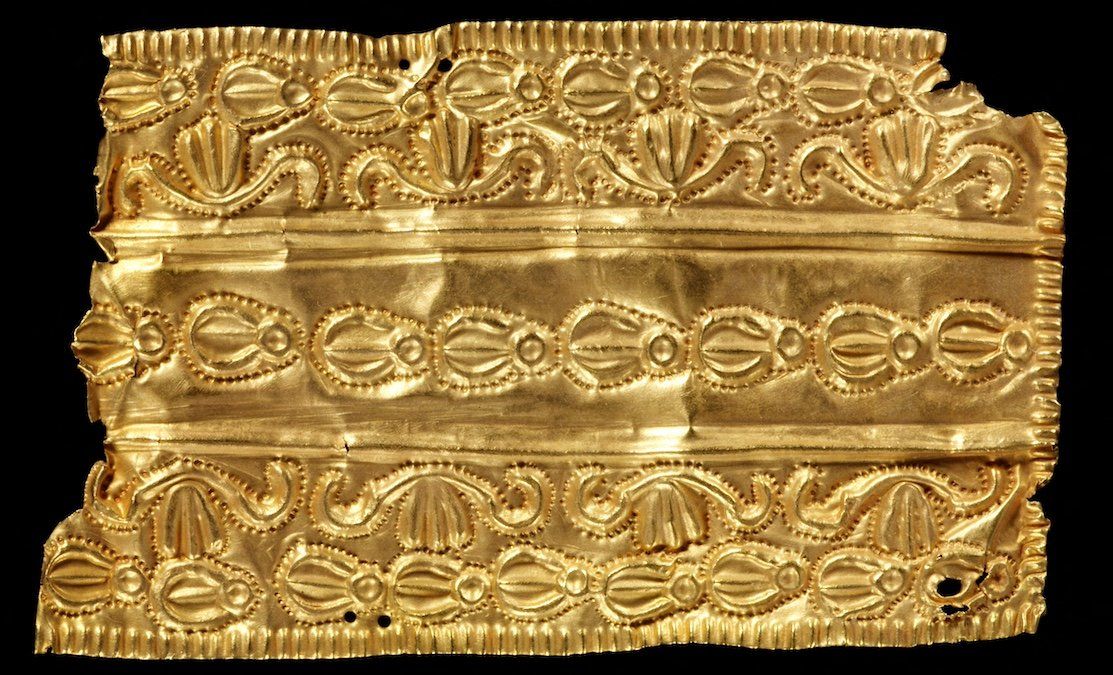If someone takes your stuff and only returns it with conditions attached, you might be the victim of a mafia swindling. Or British imperialism.
The looted “crown jewels” of Ghana are being returned to the country by two prominent British museums on a three-year loan agreement, with an option to extend for another three years.
What was taken: 32 gold and silver items from the former Asante Empire — located in modern-day Ghana — many of which haven’t been back there in 150 years.
When they were taken: During British incursions against the Asante Empire in the 1800s, before the kingdom was fully annexed by the British in 1901. The modern Ghanaian government has sought their return for years.
Why it matters: The agreement might be seen as a blueprint for future deals in which museums return items taken from abroad under suspect or coercive circumstances. The deal was struck between the current ceremonial Asante king and the museums directly. Its terms get around British laws that prevent UK museums from unilaterally returning artifacts — like the Parthenon Marbles to Greece or the Benin Bronzes to Nigeria (and the list goes on).
But don’t expect UK museum wings to empty out anytime soon. A spokesperson for Prime Minister Rishi Sunak assured that Britain “would expect the items to be returned at the end of that loan period.”
For more on the highly charged identity politics of art, see our recent special on the 200-year-old fight over Parthenon Marbles here.
